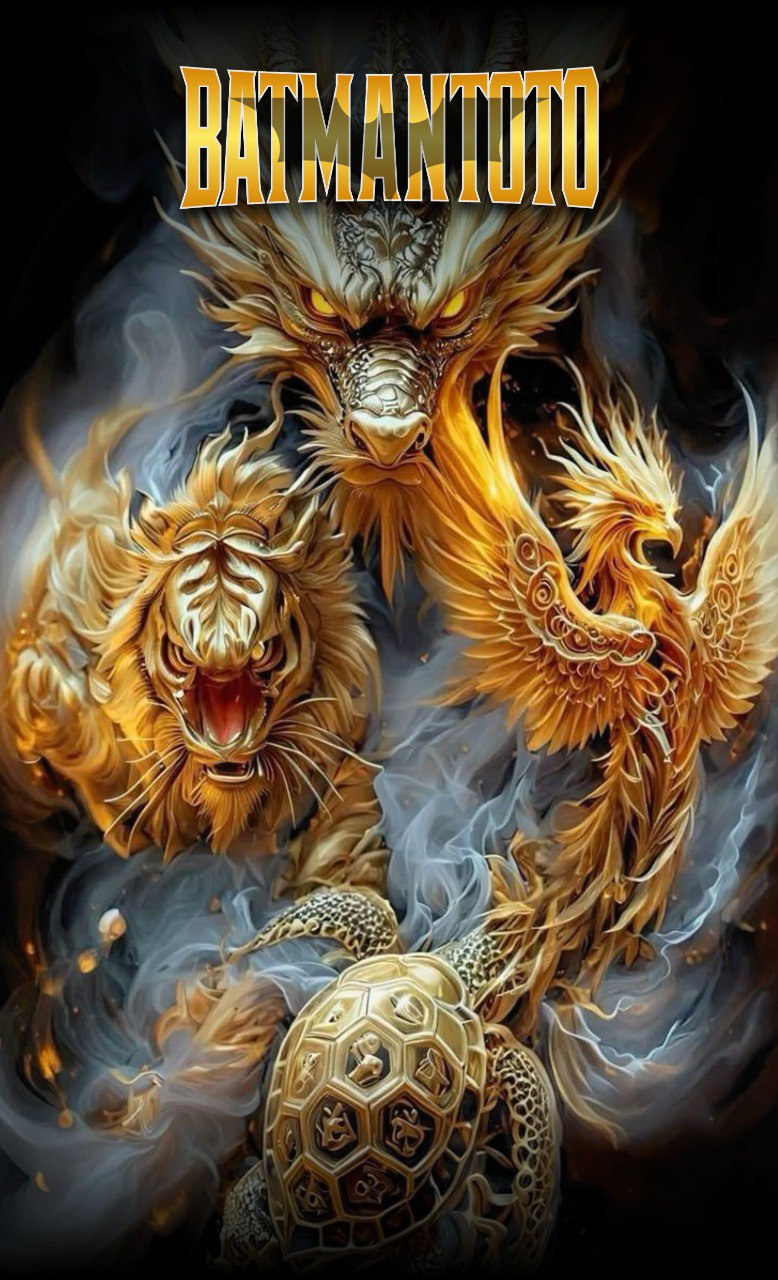BATMANTOTO : Platrfrom Favorit Situs Toto Togel 4D & Bandar Togel Online Malam Ini
BATMANTOTO : Platrfrom Favorit Situs Toto Togel 4D & Bandar Togel Online Malam Ini
80.808 sales
TOGEL 4D
Regular License
Selected
$21
Use, by you or one client, in a single end product which end users are not charged for. The total price includes the item price and a buyer fee.


 Promo
Promo
 Login
Login
 Daftar
Daftar
 Prediksi
Prediksi
 Live Chat
Live Chat